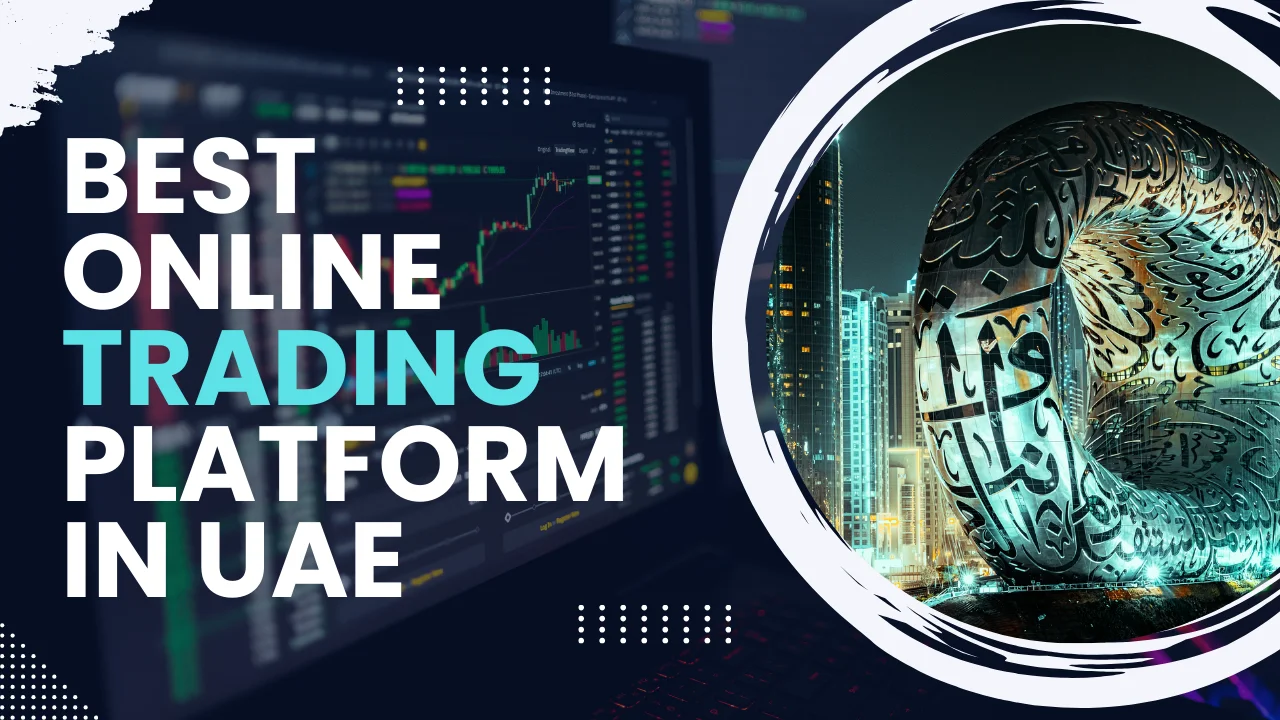
Let’s be honest: most HR departments didn’t sign up to be software managers.
But here we are. Logging into five different tools just to onboard one employee. Running payroll in one system, tracking performance in another, and still having to dig through spreadsheets for reports. If your HR tech stack feels more like a game of digital Jenga than a well-oiled machine—you’re not alone.
And if you’ve ever thought, “There has to be a better way,” guess what? There is.
It starts with hr technology consulting.
How We Got Here: The HR Tech Overload
Over the last few years, companies scrambled to keep up with remote work, rapid hiring, hybrid policies, and new compliance requirements. The quick fix? Add another tool. Then another. And another.
Before you knew it, your HR team was buried in technology—none of it talking to each other.
You’ve got a time tracking tool. A payroll platform. A learning management system. A performance app. Maybe even a chatbot. But nothing feels connected. Worse, you’re spending hours every week manually moving data between them.
And let’s not even talk about the user experience for new hires trying to navigate that maze.
Here’s the Deal: Tech Should Work For You, Not Against You
HR isn’t about dashboards, admin panels, or spreadsheets. It’s about people. But when systems break down—or never worked well together to begin with—HR gets stuck playing IT, not making impact.
That’s why more and more businesses are turning to hr technology consulting. Because cleaning up this mess takes more than buying the next shiny tool. It takes strategy. Expertise. And someone who actually knows how all these systems are supposed to work together.
What HR Technology Consulting Actually Does
It’s not just about choosing a new platform. It’s about designing an HR ecosystem that’s scalable, integrated, and human-friendly.
Here’s what the process usually looks like:
-
Tech Audit – A deep dive into your current stack: what’s working, what’s not, and what’s completely redundant.
-
Workflow Mapping – Consultants help you reimagine your HR processes from onboarding to offboarding.
-
Tool Integration – Whether it’s connecting payroll with benefits or syncing performance data with engagement tools, they bring everything together.
-
Vendor Selection – Need a new platform? They help you choose the right one, not just the popular one.
-
Change Management & Training – Because new systems only work if your team actually uses them.
-
Data Strategy – Building systems that collect, store, and leverage data the right way—from day one.
And here’s the kicker—it’s not just about fixing things. It’s about transforming how your HR function operates at a fundamental level. That’s what real digital transformation in hr looks like.
AI in HR: Not the Future—The Now
Let’s talk about the buzzword that’s becoming a business backbone: ai in hr.
This doesn’t mean turning your HR team into robots. It means freeing them from repetitive tasks so they can focus on strategy and people.
Think:
-
AI-powered resume screening
-
Smart scheduling and interview assistants
-
Predictive analytics that identify employees at risk of burnout
-
Sentiment analysis from employee feedback
-
Automated onboarding flows personalized to each role
The beauty of AI is that it brings insights without increasing workload—if your systems are integrated and ready. That’s where an experienced hr technology company or consultant can guide the implementation with precision.
What You Gain When You Streamline Your HR Tech
Once your systems are aligned, everything changes:
-
Faster Hiring – No more toggling between apps to manage one candidate.
-
Better Employee Experience – Seamless, intuitive interactions from day one.
-
Smarter Decision-Making – Data at your fingertips, not buried in disconnected systems.
-
More Time for Strategy – Less admin, more value-add work for HR professionals.
-
Scalability – Your systems grow with you, not against you.
And yeah, your team finally stops playing tech support and gets back to doing what they do best—building culture, growing talent, and making work better.
When Should You Call In HR Tech Experts?
Some companies wait until everything crashes. But smart ones call for help before things break.
Here are some signs it’s time to explore hr technology consulting:
-
You’re manually syncing tools or duplicating data across systems
-
Employees constantly ask, “Where do I go for that?”
-
Reporting takes hours—or days
-
Onboarding still involves printing papers
-
You’re considering new tools but don’t know how they’ll fit in
-
You’re thinking about introducing AI but have no idea where to start
If any of that sounds familiar, the fix isn’t just a new tool—it’s a strategy refresh. That’s where consultants shine.
The Role of a Good HR Technology Company
Not all tech partners are built the same. A great hr technology company will act as more than a vendor. They become part of your team—translating your business goals into technical solutions that make sense.
They help you:
-
Future-proof your infrastructure
-
Avoid expensive trial-and-error
-
Customize solutions to your culture
-
Keep employees at the center of your HR transformation
Final Thoughts: It’s Time to Rethink What HR Tech Can Do
Your HR systems shouldn’t be slowing you down. They should be your secret weapon.
With the right approach—and the right partners—you can build an HR function that’s agile, intelligent, and truly aligned with your business goals.
So if your tools are scattered, your data is fragmented, and your team is stretched thin, take it as a sign. It’s not about having more tech. It’s about having the right tech—and a smarter strategy to pull it all together.
Because in the end, great HR isn’t powered by dashboards. It’s powered by people. Let’s give them the systems they deserve.







